 My dogs are barking.
My dogs are barking.After pounding the streets of DC for a few days, I have a new-found appreciation for those who work here regularly. I wish I had the show sole replacement franchise.
So here I sit on the flight back to Houston, legs and feet aching, but happy with the work over the past days.
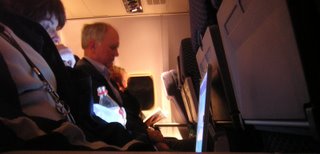
Today concluded the “Mission Day” activities for the Leukemia-Lymphoma Society in which volunteers, staffers, and patients and survivors swarmed the offices of Congress like a horde of locusts. Instead of a plague, we delivered a message of hope and anticipation that cancer and the suffering it causes can be a thing of the past by 2015. All it takes is money and time. Spent our time on The Hill asking for the funding to make it happen.
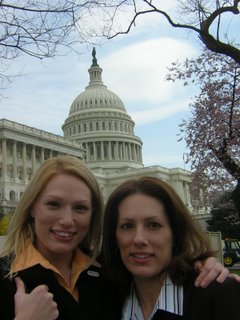 With our group were a pair of sisters, Maria Voytko and Kathy Moceyunas, from Scranton, PA. Maria is a cancer survivor, and Kathy is the reason why. When Maria was a senior in high school, she came down with Leukemia, and Kathy donated some of her bone marrow to help her sister survive.
With our group were a pair of sisters, Maria Voytko and Kathy Moceyunas, from Scranton, PA. Maria is a cancer survivor, and Kathy is the reason why. When Maria was a senior in high school, she came down with Leukemia, and Kathy donated some of her bone marrow to help her sister survive.That was ten-years ago.
Both sisters are happily married and working productively in their community. Maria and Kathy shared their story with the Pennsylvania congressional delegation, just as the posse I was running with brought the gospel of the Leukemia-Lymphoma Society to Texas’ officials.
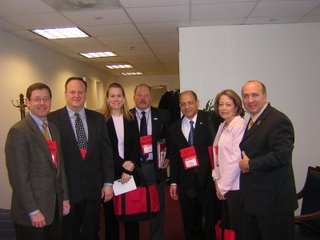 Count Sen. Kay Bailey Hutchison as a win, Sen. John Cornyn as a maybe (his aide that visited with us took lots of notes and asked plenty of questions), and the staffers for Rep. Mike McCaw and Rep. Lamar Smith were similarly affected with the power of our stories, and the promising future for cancer research. All it takes is money.
Count Sen. Kay Bailey Hutchison as a win, Sen. John Cornyn as a maybe (his aide that visited with us took lots of notes and asked plenty of questions), and the staffers for Rep. Mike McCaw and Rep. Lamar Smith were similarly affected with the power of our stories, and the promising future for cancer research. All it takes is money.Some of our volunteers today said their senators were not convinced spending another $7-billion on blood cancer research is doable without some offset elsewhere in the Federal Budget. They call themselves “fiscal conservatives,” and I suppose I can see their point. Everyone has their hand out and a leave-behind in Washington. The way I see it, we can pay for this now or later, but either way, we’ll pay the price for cancer.
 This is how business gets done in Washington. Everyone stands in line to be screened by security before you can get in for your appointment. It can add ten to twenty minutes to the time you need to plan ahead to get inside.
This is how business gets done in Washington. Everyone stands in line to be screened by security before you can get in for your appointment. It can add ten to twenty minutes to the time you need to plan ahead to get inside.Sometimes you get to see your Representative or Senator. More often than not, you’re visiting with one of their staffers, who hear the pitches, take the notes, and ask questions by which they can most fully inform their boss before an important vote on an issue.
 Sen. Kay Bailey Hutchinson’s office occupies one entire hallway of the Russell Office Building. Access from either end of the hall takes you to her suite of offices. At one end of the hall is a classically-arched window overlooking a stand of trees on The Hill. At the other end hangs a Lone Star Flag. It’s pretty impressive.
Sen. Kay Bailey Hutchinson’s office occupies one entire hallway of the Russell Office Building. Access from either end of the hall takes you to her suite of offices. At one end of the hall is a classically-arched window overlooking a stand of trees on The Hill. At the other end hangs a Lone Star Flag. It’s pretty impressive. To get there you climb marble steps that have been worn smooth and depressed by millions of footsteps up and down their cases over the years, bearing stories of need and examples of triumph.
To get there you climb marble steps that have been worn smooth and depressed by millions of footsteps up and down their cases over the years, bearing stories of need and examples of triumph.One curious thing about the various office buildings is the restroom facilities. Apparently, there has been some
 confusion about their purpose, so these signs were posted all over the place. In the Cannon Office Building the problem aparently was so severe, they had to draw pictures to get the message across!
confusion about their purpose, so these signs were posted all over the place. In the Cannon Office Building the problem aparently was so severe, they had to draw pictures to get the message across! We don’t have problems like that back home, do we?
We don’t have problems like that back home, do we?See you in the morning on the Radio.





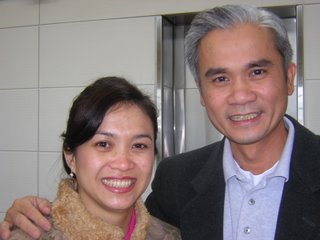










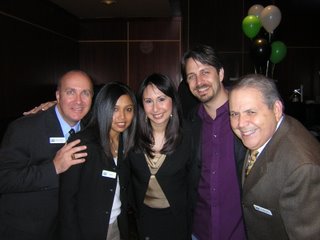

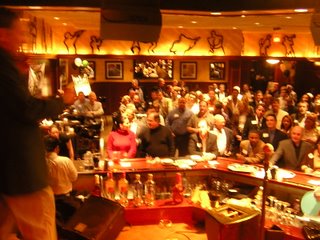
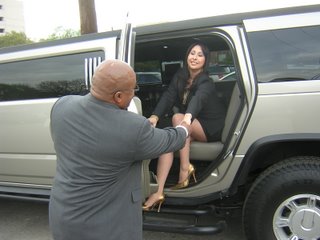





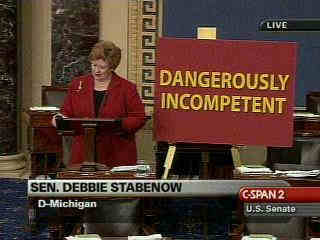







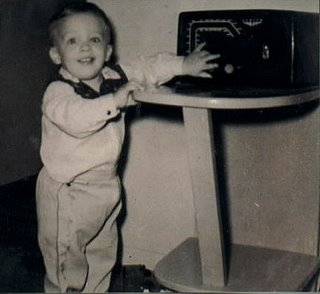
 To properly cue a cut on a record, you had to either hold the needle in place in a groove while the felt-covered turntable spun beneath the vinyl, or you back-turned the LP a quarter- or half-revolution to give the thing enough room to reach 33- or 45-rpm speed so that the audio wouldn’t “wow” when you started the tune. Those were big, honkin’ turntables.
To properly cue a cut on a record, you had to either hold the needle in place in a groove while the felt-covered turntable spun beneath the vinyl, or you back-turned the LP a quarter- or half-revolution to give the thing enough room to reach 33- or 45-rpm speed so that the audio wouldn’t “wow” when you started the tune. Those were big, honkin’ turntables.






